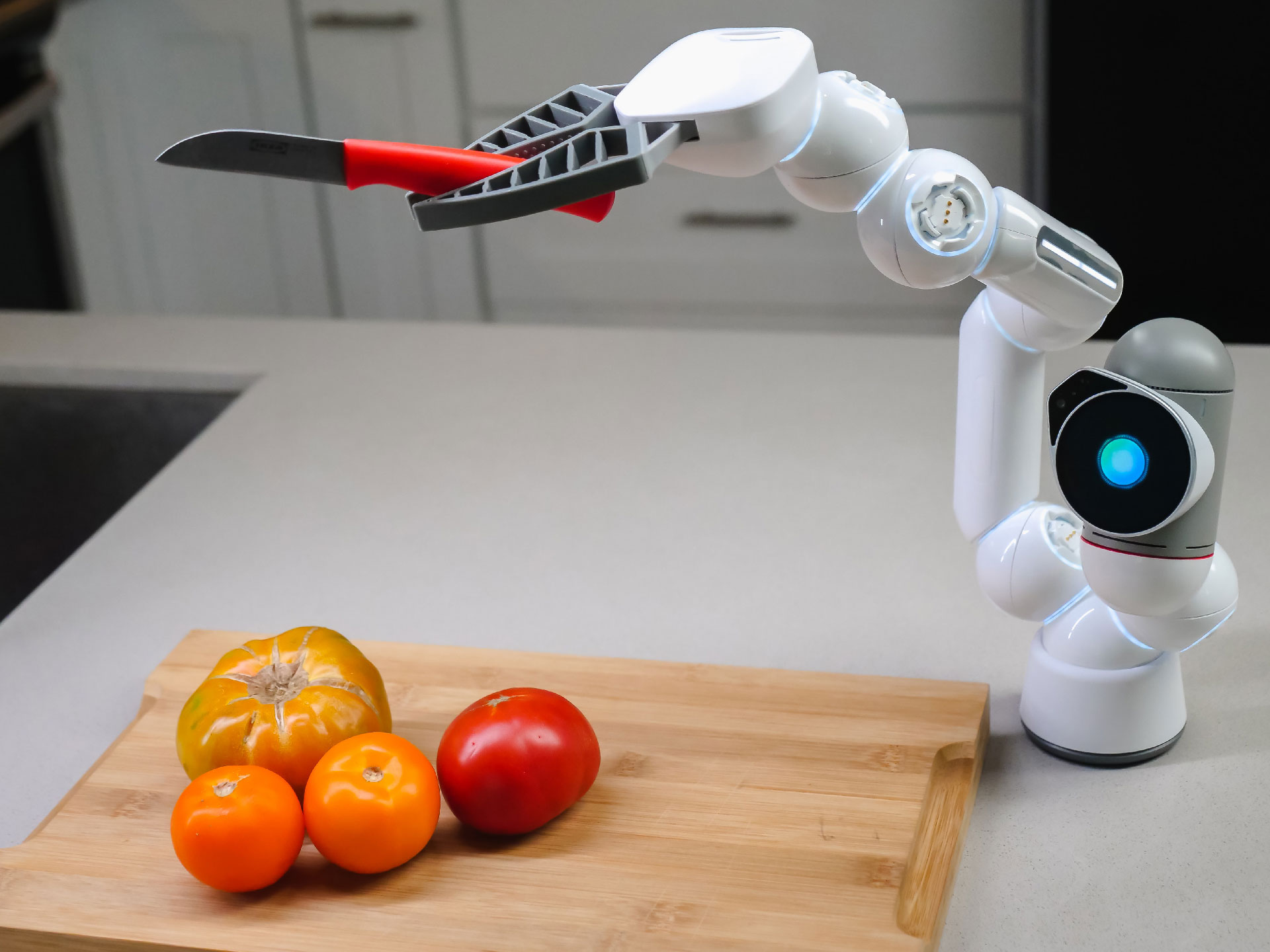The Future of Artificial Intelligence: Opportunities and Challenges

Artificial Intelligence (AI) is a rapidly evolving field that has the potential to revolutionize many industries and change the way we live and work. AI refers to the ability of machines to perform tasks that normally require human intelligence, such as visual perception, speech recognition, decision-making, and language translation.
In recent years, advances in machine learning, deep learning, and natural language processing have led to significant breakthroughs in AI, making it possible to develop systems that can learn from data and improve their performance over time.
While the potential benefits of AI are significant, there are also a number of challenges and risks associated with its development and implementation.
In the rest of this blog, I will discuss the opportunities and challenges presented by AI, and explore the potential impact of this technology on various industries and society as a whole.
Opportunities presented by AI:
As you may know that AI is a revolution, thus it brings many opportunities for human beings.
Increased efficiency and productivity:
AI has the potential to significantly increase efficiency and productivity in various industries, by automating routine tasks and freeing up human workers to focus on more complex and creative tasks.
For example, in manufacturing, it can be used to optimize production processes and reduce waste, while in healthcare, AI can be used to diagnose diseases and develop personalized treatment plans.
Improved decision-making:
By offering insights and suggestions based on a wealth of data, AI can also enhance decision-making across a range of fields.
For example, in finance, you can implement this technology to analyze market trends and make investment decisions, while in transportation, it can also be used to optimize routing and scheduling.
Enhanced customer experience:
By making personalized recommendations and enhancing communication methods, AI can also be used to improve the customer experience.
For example, in e-commerce, you can recommend products based on customer preferences and purchase history, while in customer service, it can be used to provide quick and accurate responses to customer inquiries.
Advancements in science and technology:
AI has the potential to drive advancements in science and technology, by enabling researchers to analyze large amounts of data and develop new insights and discoveries.
For example, in medicine, it can be used to develop new treatments and therapies, while in engineering, one can optimize designs and improve efficiency.

Challenges presented by AI:
Along with the opportunities and benefits AI brings, it has some challenges that we have faced. Here are some examples of them
Job displacement:
One of the biggest challenges is the potential for job displacement, as machines take over tasks that were previously performed by humans.
While AI is expected to create new jobs in areas such as data analysis and software development, it is also expected to eliminate jobs in industries such as manufacturing and transportation.
Ethical concerns:
There are a number of ethical concerns, such as the potential for bias and discrimination in decision-making, as well as privacy and security risks associated with the collection and use of personal data.
It is important for developers and policymakers to address these concerns and ensure that AI is developed and used in an ethical and responsible manner.
Regulation and governance:
Another challenge is the need for regulation and governance to ensure that the technology is developed and used in a safe and responsible manner.
It is important for governments and regulatory bodies to work with industry leaders and experts to develop guidelines and standards for the development and use of AI.
Technical limitations:
AI also has a number of technical limitations that must be addressed in order for the technology to reach its full potential. For example, current AI systems are limited in their ability to understand the context and make decisions based on incomplete or ambiguous information.
Impact of AI on various industries:
Apart from the challenges and opportunities. Let’s see how artificial intelligence has impacted various industries.
Healthcare:
AI has the potential to transform healthcare by improving diagnostics and treatment, reducing medical errors, and improving patient outcomes. For example, AI can be used to develop personalized treatment plans based on a patient’s genetic information and medical history.
Finance:
If you want to analyze market trends and make investment decisions, this technology can be an enormous help as well
Manufacturing:
You can utilize it to optimize production processes, reduce waste, and improve quality control. For example, AI can be used to monitor equipment performance and predict maintenance needs, reducing downtime and improving productivity.
Transportation:
AI can be used to optimize routing and scheduling, reducing congestion and improving efficiency. For example, AI can be used to predict traffic patterns and adjust routes accordingly, reducing travel time and fuel consumption.
Retail:
It can be used to enhance customer experience by providing personalized recommendations and improving inventory management. For example, you analyze customer data and provide personalized product recommendations, improving customer satisfaction and loyalty.
Education:
AI can be used to improve learning outcomes by providing personalized learning experiences and feedback. For example, AI can be used to analyze student performance and provide targeted interventions, improving student outcomes and reducing achievement gaps.
Agriculture:
AI can be used to improve crop yields and reduce waste by optimizing irrigation, fertilizer, and pesticide use. For example, AI can be used to monitor soil moisture levels and adjust irrigation schedules, reducing water waste and improving crop yields.
Conclusion:
For various industries and society at large, AI poses both significant opportunities and challenges. While AI has the potential to significantly increase efficiency, productivity, and innovation, it also presents a number of risks and challenges, such as job displacement, ethical concerns, and technical limitations.
It is important for developers, policymakers, and industry leaders to work together to address these challenges and ensure that AI is developed and used in an ethical and responsible manner. By doing so, we can unlock the full potential of AI and create a more prosperous and equitable future for all.
